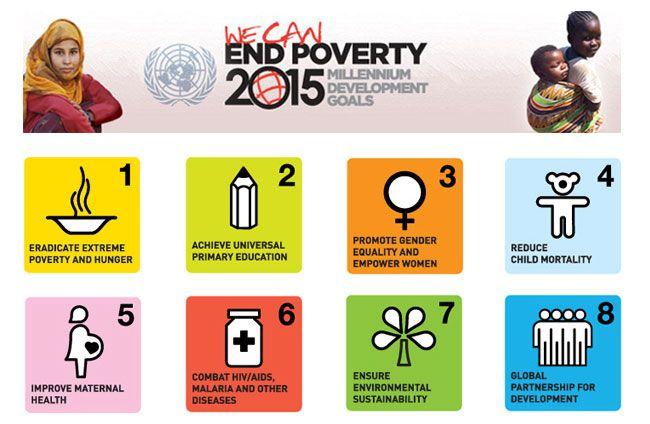
This past Monday, EPA Administrator Gina McCarthy unveiled the Obama administration's highly anticipated proposal to reduce carbon dioxide (CO2) emissions from existing U.S. power plants, the president's strongest action yet to halt the rise in carbon and greenhouse gas (GHG) emissions that are prompting a shift in global climate. A day later, Reuters reported that a senior government adviser said that China will impose a cap on CO2 emissions in 2016.
Alone, one of these developments would add substantial impetus to global climate change mitigation efforts and prospects of achieving a global climate change accord. Taken together, it doubles them, at the least.
How about tripling them, or more? Two weeks ago, India's new Prime Minister Narendra Modi announced his intention to see that every Indian home gets at least some electricity from clean, renewable solar power by 2019.
Yes, India's new PM, President Obama and China Premier Li Keqiang and supporters have many hurdles to overcome and battles to fight for these initiatives to be realized. But to witness all three prominent national leaders take strong, definitive steps to mitigate climate change, well, it's a historic milestone, to say the least.
Unilateral actions boost prospects for a global climate accord
The announcement of new, more ambitious carbon emissions reduction programs by China and the U.S. – the world's largest and second largest emitters, respectively – should motivate other developing and developed nations to follow suit and strike a deal to limit and reduce emissions globally over the course of this and coming decades.
Taken individually, the coincidence of strong unilateral climate change mitigation/clean energy policy announcements by the leaders of the world's first, second and fourth largest CO2 emitters is the biggest breakthrough yet in the decades-long effort to reduce climate-warming greenhouse gas emissions. Taken together, they could provide the impetus for negotiators to strike a deal to limit carbon and greenhouse gas emissions globally.
Aiming to make progress regarding the Durban Platform for Enhanced Action – an initiative to spur a global climate change accord intended to pick up where the Kyoto Protocol left off – the United Nations Framework Convention on Climate Change's (UNFCCC) Subsidiary Body of Implementation (SBI) and Subsidiary Body for Scientific and Technological Advice (SBSTA) will meet for the 40th time at the Bonn Climate Change Conference in Germany June 4 through June 15.
Representatives from all 195 U.N. member nations and the EU party to the UNFCCC are to meet and try and seal a deal at the 21st UNFCCC Conference of Parties (COP) in Paris in December 2015.
Addedd momentum for U.N. Sustainable Development Goals
In turn, these unilateral climate change mitigation actions also help clarify and add momentum to efforts to find cleaner, healthier, more inclusive and equitable sustainable development pathways.
In addition to the UNFCCC's COP 21 meeting in Paris, 2015 is the final year of the U.N. Millennium Development Goals (MDGs), which have defined the U.N.'s strategic mission since the Millennium Declaration was ratified by the U.N. General Assembly in September 2000.
In parallel with efforts by the UNFCCC to pave the way for a global climate treaty to be signed in Paris, U.N. Secretary General Ban Ki-moon has been leading an organization-wide initiative to hammer out the details of a successor to the MDGs.
Initially presented for consideration during the 68th session of the U.N. General Assembly at the U.N.'s New York City headquarters in late September 2013, the U.N. Sustainable Development Goals (SDGs) will define its development agenda post-2015.
Image credits: 1) Interesting Energy Facts at blogspot.com 2) U.S. EPA 3) U.N.

An experienced, independent journalist, editor and researcher, Andrew has crisscrossed the globe while reporting on sustainability, corporate social responsibility, social and environmental entrepreneurship, renewable energy, energy efficiency and clean technology. He studied geology at CU, Boulder, has an MBA in finance from Pace University, and completed a certificate program in international governance for biodiversity at UN University in Japan.














